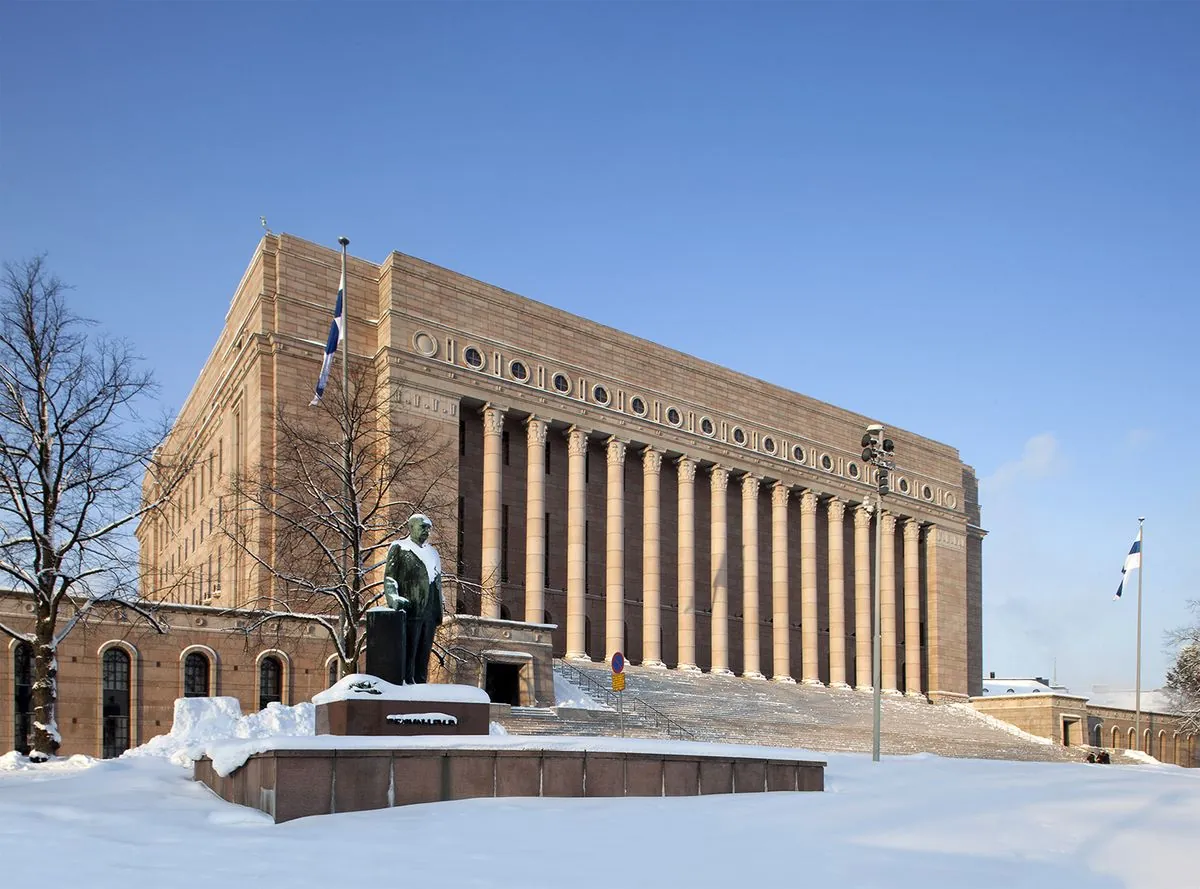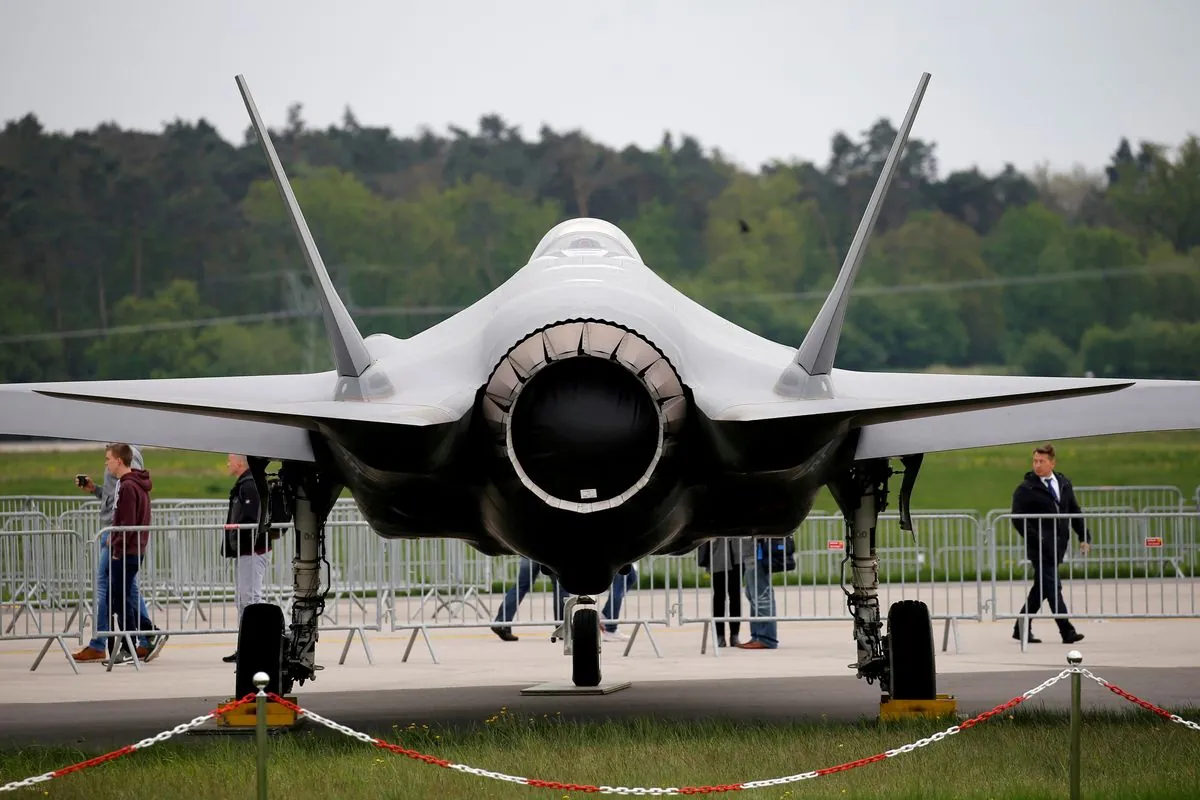Finland Boosts Defense Budget, Trims Welfare in 2025 Fiscal Plan
Finland's government plans to increase NATO and defense spending while reducing welfare expenditures in 2025. The move aims to address the fiscal deficit amid economic challenges and geopolitical tensions.

Finland's centre-right government has unveiled its fiscal strategy for 2025, prioritizing defense and security while implementing austerity measures. This decision comes as the Nordic nation grapples with economic challenges and adapts to its recent NATO membership.
Petteri Orpo's coalition government plans to allocate more funds to NATO-related expenses, defense, and security in the coming year. Finance Minister Riikka Purra announced that state fiscal spending is projected to rise to 88.8 billion euros in 2025, up from 88.0 billion euros in 2024. Despite this increase, the government aims to reduce the deficit from 12.7 billion euros in 2024 to 12.2 billion euros in 2025.
The defense budget is set to see a substantial boost of 488 million euros, reaching 6.5 billion euros. This increase is primarily attributed to the acquisition of a new fighter jet fleet, as Finland modernizes its air force capabilities. Additionally, NATO-related expenditures are expected to rise by 67 million euros compared to the previous year.

Orpo emphasized the government's commitment to national security, stating, "In this age, we spend a lot of resources and time to guarantee and build security for our citizens and our home country." This focus on defense aligns with Finland's strategic position, sharing a 1,340 km border with Russia and its recent NATO membership, which it joined on April 4, 2023.
However, the government's fiscal strategy has not been without controversy. The coalition has introduced labor market reforms and cuts to social welfare, sparking widespread strikes by labor unions in March and April 2024. These measures are part of a broader plan to boost productivity and reduce the deficit, with the ultimate goal of balancing the budget by 2027 through a combination of austerity measures and taxes.
Finland's economy has been in recession since 2023, affected by high interest rates and the repercussions of Russia's invasion of Ukraine. Despite these challenges, the country maintains its reputation for a high standard of living and an extensive welfare system. Finland has consistently ranked as one of the happiest countries globally in the UN World Happiness Report.
The government's decision to prioritize defense spending while trimming welfare expenditures reflects the delicate balance Finland must strike between maintaining its social model and adapting to new geopolitical realities. As a recent NATO member with a strong tradition of "total defense" involving the entire society, Finland continues to navigate the complex interplay between national security, economic stability, and social welfare.
"In this age, we spend a lot of resources and time to guarantee and build security for our citizens and our home country."
As Finland moves forward with its fiscal plans, the country's innovative spirit - evident in its world-renowned education system and ambitious goal to become carbon neutral by 2035 - may prove crucial in addressing the economic and security challenges that lie ahead.


































